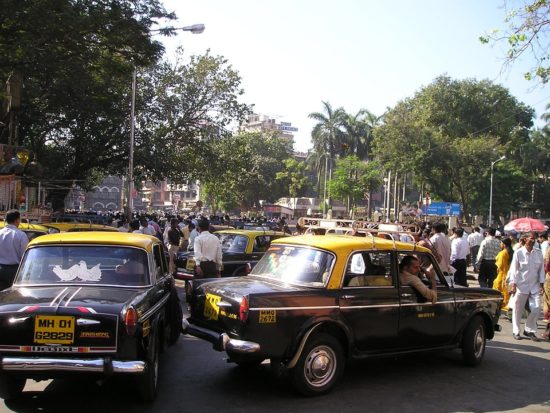Tackling AMR crisis in India: Changing paradigm
Antimicrobial resistance (AMR) is an important public health concern globally. For India, undoubtedly, AMR has had profound impact on its health & socioeconomic parameters. Several hospital and community-based surveys have indicated alarming rise in incidence of multidrug resistant microbes, especially ‘superbugs’, having direct links with antibiotic use/misuse. Additionally, paucity in data with regards to quantification of AMR crisis & its determinants has been concerning. However, the national commitment to address AMR has steadily increased of late, with an oft-restated realization – it is time to act. Recent initiatives like National Policy for Containment of AMR (2011), Chennai Declaration (2012), Anti-microbial Resistance Surveillance and Research Network (2013), The Red Line Campaign (2016), National Action Plan (NAP) for AMR (2017), ICMR Treatment Guidelines for Antimicrobial Use in Common Syndromes (2019) are promising measures expected to have positive impact on both clinical and economic outcome in India. This paper provides a snapshot of major strategies proposed in recent years, including educational and awareness initiatives, infection control guidelines, audit and feedback, antimicrobial stewardship, surveillance projects etc. It also identifies technical challenges & opportunities for improved AMR mitigation in India.
AMR NEWS
Your Biweekly Source for Global AMR Insights!
Stay informed with the essential newsletter that brings together all the latest One Health news on antimicrobial resistance. Delivered straight to your inbox every two weeks, AMR NEWS provides a curated selection of international insights, key publications, and the latest updates in the fight against AMR.
Don’t miss out on staying ahead in the global AMR movement—subscribe now!







